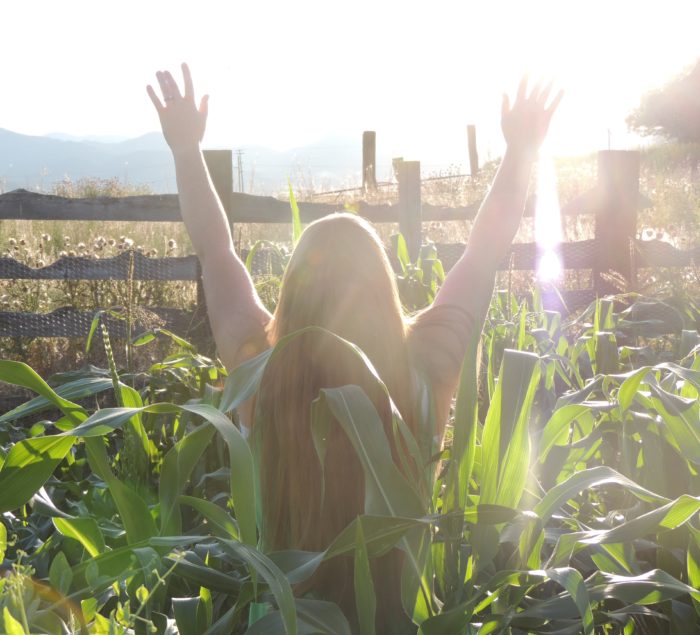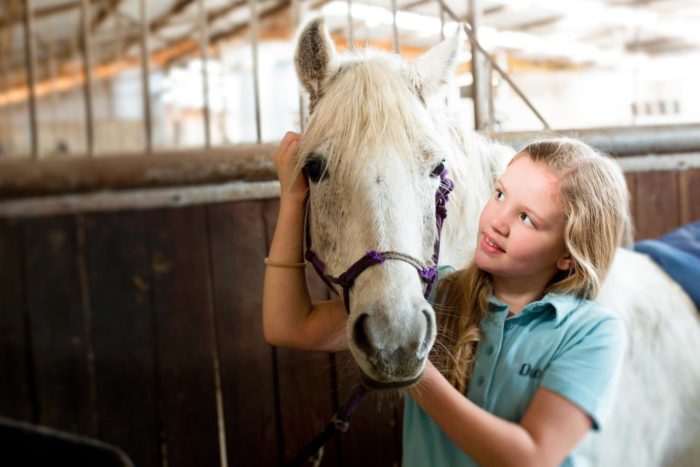about
The Facts about “Rural Livin”
The effects on an individual living in a “rural” environment cannot be underestimated. There is growing evidence that access to the natural environment improves health and well-being, prevents disease and helps people recover from illness. It is fact that living a rural lifestyle is a healthier lifestyle.
Rural Livin’ For The Individual
 Since the early 1980s, environmental psychologists have studied the health effects of an individual’s contact with nature and have come to the simple conclusion that human beings depend on nature not simply for material requirements – such as water, food and shelter – but also for emotional, psychological and spiritual needs. The range of psychological benefits for people who live in green, open spaces is immense and includes, but is not limited to improved mood, lower levels of anxiety, lower stress levels, lower levels of depression and increased physical activity.
Since the early 1980s, environmental psychologists have studied the health effects of an individual’s contact with nature and have come to the simple conclusion that human beings depend on nature not simply for material requirements – such as water, food and shelter – but also for emotional, psychological and spiritual needs. The range of psychological benefits for people who live in green, open spaces is immense and includes, but is not limited to improved mood, lower levels of anxiety, lower stress levels, lower levels of depression and increased physical activity.
Rural Livin’ For Children
 For children, research strongly suggests that living in a rural setting is clearly associated with reduced frequency of depression, anxiety and other mental and physical health problems. It is also believed that rural outdoor interaction and play has long-term benefits for physical, social, emotional and cognitive development and fosters a sense of identity, feelings of autonomy, psychological resilience and healthy behaviours. Children who experience high levels of contact with nature in a rural setting have higher levels of self-worth and higher cognitive function.
For children, research strongly suggests that living in a rural setting is clearly associated with reduced frequency of depression, anxiety and other mental and physical health problems. It is also believed that rural outdoor interaction and play has long-term benefits for physical, social, emotional and cognitive development and fosters a sense of identity, feelings of autonomy, psychological resilience and healthy behaviours. Children who experience high levels of contact with nature in a rural setting have higher levels of self-worth and higher cognitive function.
Rural Livin’ For Young People
 For young people with serious substance abuse issues and/or mental health disorders, horticulture therapy programs have a range of benefits including lower anxiety and depression levels, decreased illegal activity and drug use, and higher self-esteem. Being involved in a rural lifestyle where neighbours interact and support each other increases self-pride, a sense of belonging, cooperation and assists with the development of social skills.
For young people with serious substance abuse issues and/or mental health disorders, horticulture therapy programs have a range of benefits including lower anxiety and depression levels, decreased illegal activity and drug use, and higher self-esteem. Being involved in a rural lifestyle where neighbours interact and support each other increases self-pride, a sense of belonging, cooperation and assists with the development of social skills.
Rural Livin’ For Adults
 Adults are more likely to report a high or very high level of psychological distress than younger people. However, areas with natural landscaping, green neighbourhood meeting places, group-based nature activities such as walking, and shared gardens for the elderly can facilitate social contact, which has been shown to reduce the risk of developing chronic diseases such as depression and cardiovascular disease.
Adults are more likely to report a high or very high level of psychological distress than younger people. However, areas with natural landscaping, green neighbourhood meeting places, group-based nature activities such as walking, and shared gardens for the elderly can facilitate social contact, which has been shown to reduce the risk of developing chronic diseases such as depression and cardiovascular disease.